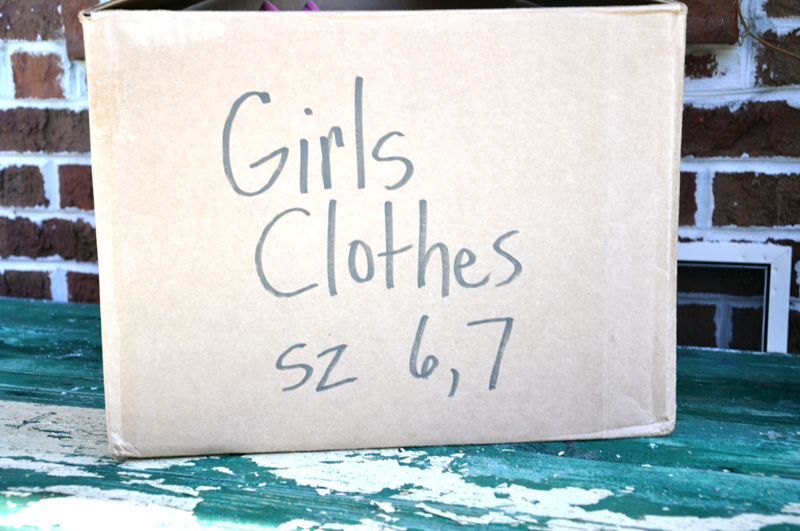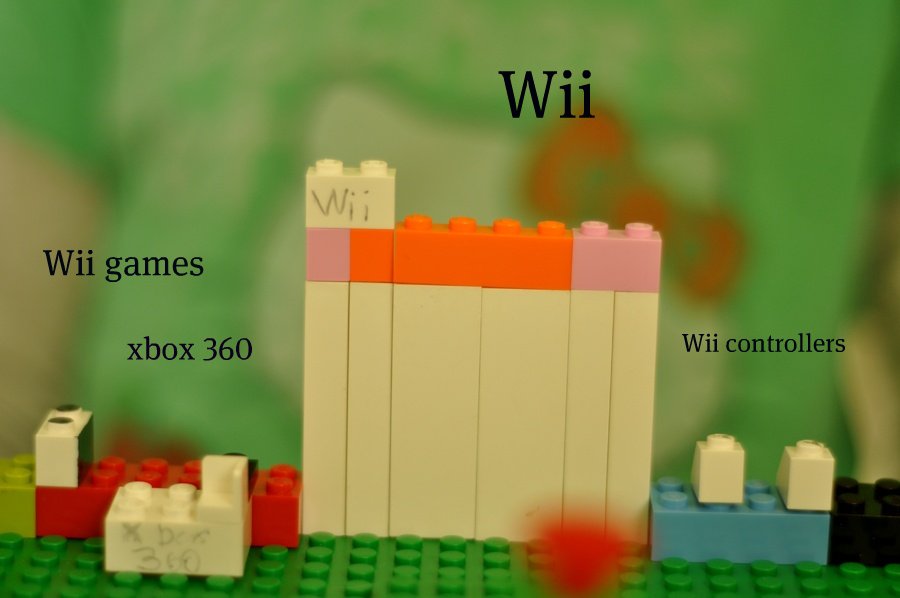I find myself at a bit of crossroads in my homeschooling journey. For the sake of those who are new to this blog, I’m in my second year of homeschooling my two littlest children—7 and 9, both doing 3rd grade*ish work—after quitting my job 3 years ago as a family practice physician. I have loved being a stay-at-home mom, I have loved homeschooling, and I am completely enamoured with the classical model for teaching children. I follow a blend of Charlotte Mason/ The Thomas Jefferson Education/ The Well Trained Mind. I have only had one episode of locking myself in my bathroom for two hours and sobbing uncontrollably. All in all, it’s been a wonderful journey: spending oodles of time with my children, shepherding their hearts and learning alongside them.
The classical model of learning is demanding for parents.
It requires that you and your children read the great classic works of literature, math and science and then discuss these works together. It assumes that when children are inspired by parents or teachers or mentors, they will want to learn and will do the work necessary to gain the knowledge they seek. The end result is a student who is a self-learner, who is motivated by the love of knowledge itself—not for some secondary gain of grades, treats or approval. And it is a delicate balance that seems difficult to attain. If you spend 40-50% of your days reading books, there’s not a lot of tangible evidence that you are acquiring or mastering anything. Worksheets are much easier to hold up as proof of your efforts. It’s not so easy to appreciate and evaluate a head full of adventures and stories and imagination. And it’s sometimes easier to say, “You go do these 7 pages and I’ll see you in an hour.” It can be harder to say, “Let’s go read Shakespeare together and then let’s read Pilgrim’s Progress together and then you read The Magician’s Nephew aloud to me and then let’s talk about it all.”
But a series of worksheets and tests—especially in the home setting, at an early age—- tends to snuff out the fire, the burning desire in all of us to know something, just for the sake of knowing it. For example, I used the Veritas program last year to teach Bible—full of worksheet after worksheet to evaluate comprehension—and none of us liked it. It made the wonderful, harrowing stories of the Old Testament seem dull and dry. This year, we’ve just been reading about the life of Jesus—from the actual Bible— and comparing the differences found in the various gospels. Just the Bible and its’ stories, without an interfering ‘textbook’ , without any way to ‘test’ what they’ve read, and their comprehension is impeccable. They find differences that I miss. They read the parables and stories aloud for themselves and it is simple, but powerful. Charlotte Mason makes the point in her writing that we put too many obstacles between the child and the material and now I see what she means. Introduce children to the characters of classical literature and they will be smitten.

The classical model is also the ultimate in delayed gratification.
For days, weeks, and months, there seems to be very little to ‘show’ for all your labor. You’ve read all kinds of books, you’ve fallen in love with stories, authors and characters. The books you’ve read have changed you; the stories have become part of the fabric of who you are, you dream of the characters, you call them to mind in certain situations and you feel like you know them . You are becoming part of the ‘great conversation’. You are starting to realize how you ‘fit’ into this big wonderful world and its’ story.
But that rich inner life that is developing cannot be measured or tested. It’s like a fire that needs careful feeding, lest it be quenched. And that fire is what will motivate students to educate themselves—to be lifelong learners. Learning is hard work and if you push too hard and demand ‘work’ for the sake of work—they learn to do the least amount that’s necessary to avoid conflict. But if you inspire, nourish– ‘feed’ the fire, if you will—they will be driven by something strong and unquenchable inside themselves and there are no limits to what they will do to learn. I wish there were an easier way; but this form of teaching succeeds most assuredly when you lead by example. Which sometimes leaves me face to face with my own inadequacies and deficits. And when I get stressed, I start demanding results, which leads to fire-quenching. You see the vicious cycle.
So, here is my dilemma. I know I’m at a critical point with my girls. So far, I don’t think I’ve quenched the fire. But my human nature wants something tangible. I want a report card that says my student made all A’s and here are the worksheets and tests to prove it. I want cold hard facts and all I’ve got is a stack of books with tattered, worn pages. To make matters worse, I faced every homeschooling mothers’ worst fear last month: the soul-shaking, “No offense Mom, but I think I want to go to ‘real’ school next year”. The pleas to go to ‘real’ school have only surfaced when there is conflict between us and I know in my heart that I need more time with them. The fire is started but it’s not blazing yet. Perhaps I need a good pep talk from Charlotte Mason; her books will give you every reason to stay the course. Maybe it’s time to schedule a field trip to a play or a museum. It could be time to watch youtube and learn how to salsa dance. More than likely, it’s just the January blues that all homeschoolers experience. We all grow restless for something bigger and better.
I need a full measure of patience: to stay the course, to snuggle by the fire and read—fighting the pressure to produce something more tangible for the world to see, to mentor my girls by continuing to educate myself and to continue to inspire them by my own love for learning.
The one measurable thing we do frequently is memorization. We’re currently working on Psalm 40, the states and capitals, a poem, and the small catechism. We memorized a poem this fall that the girls recited in the front of the camera today called, ” Rebecca, Who Slammed Doors for fun and Perished Miserably”. There’s something comforting, substantial and verifiable about oral recitation. I guess it’s our form of grades.
Take it away girls! I give you an A+! Then, we’ll resume our post by the fire.
{Update coming soon on how our specific subjects are progressing}








